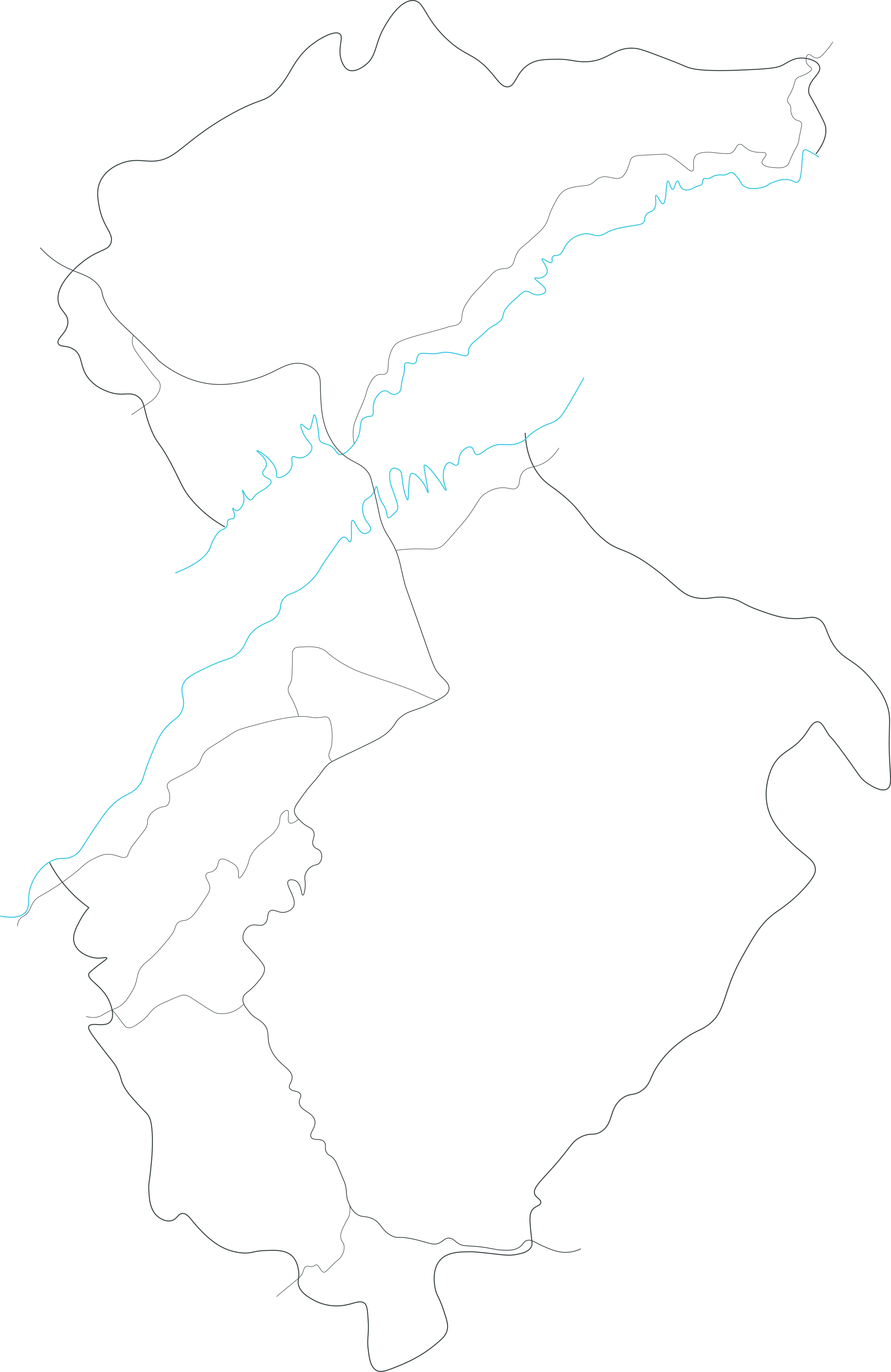





MEMORIAL TO THE FALLEN IN THE BATTLE OF LAZARADES


On October 9, 1912, during the Balkan Wars, the Greek liberating army achieved a crucial victory in the Battle of Lazarades against the Turkish forces.



The victorious advance of the Greek forces marked the beginning of the end of Turkish presence in the region of Macedonia.


1/5


2/5


3/5


4/5


5/5
It was the 9th of October 1912, and General Gennadis with his independent detachment of euzons marched from the village of Elati, opposite the monastery of Zavorda, and headed towards the river Aliakmonas in order to bridge it. During the previous day, they had fought a victorious battle against the Turkish army at Descati. Everything was progressing according to the plan of the General Army Command, which had decided that the Greek forces would strike the enemy in the flanks, since the frontal attack on the natural fortress of the Sarandaporos straits gave many advantages to the Turkish army, which had even recruited German officers as advisers in order to better fortify the straits. The Turks, however, had underestimated the morale of the Greeks, and here they were, just four days after the initial assault of the Greek army from the Thessalian plain, losing battles and finding themselves in a defensive position.
It was already noon, and the march of the independent division of euzons was interrupted by the sound of gunfire coming from close range. It was the battle of Lazarades, which had begun at a short distance from the division's position. The enemy held fortified positions there too and put up a stiff resistance. The 5th Division of the Greek Army was there, which, according to orders, had to overpower the enemy troops whose total strength was about 5,000 men, who were occupying the line Pades - Lazarades and blocking the crossing point for the river Aliakmonas. The Greek army managed in a very short time to capture one side of the line near the village of Pades, but at the other end, the enemy was fighting to the last. General Gennadis did not think twice about it. He left two of his units to work on bridging the river, and immediately rushed to the support of the 5th Division to join the battle. The enemy, after this vigorous intervention of the evzons, could not keep up, and around 6 o'clock in the afternoon they retreated.


The same evening, the Turkish generals, alarmed to see that an encirclement was now in sight, so they ordered the retreat of the whole army from the Sarantaporus straits, of which the German general von der Gotts had categorically declared that "it would be the grave of the Greek army." The troops, who had taken part in the battle of Lazarades, spent the night on the southeastern heights of the village. There, the next day, they received a visit from Spyros Melas, a writer and journalist, who gave us his account: " The rain had stoppe The sun, big, blazing, was sinking into the green plain. The sky was now clear and we could distinguish clearly on the horizon the smoke from the men's fires. Soon, pushing our horses, we found ourselves in the camp of the Euzonian battalions, living pages of Homer's book of Iliada, with the meat on the spits and the companionship of the warriors, some of whom were telling us their adventures and others cleaning their rifles."
The battle of Lazarades was the first major battle that was fought against the Turks and, in fact, it is the beginning of the end of the presence of Turkish forces in Macedonia. General Gennadis and the 5th Division had cleared the way for the Greek army, who the very next day had entered in triumph at Servia.
The importance of this battle, but also the casualties of the Greek army, which reached 150 dead and wounded, are commemorated every year on the 9th of October, at the Memorial to the Fallen of the Battle of Lazarades in the village square.





















HALIACMON RIVER



It is the longest river in Greece, gathering the water of the mountains of Western and Central Macedonia, and giving life to a large part of the country before flowing into the Gulf of Thermaikos.

- The Castle
- The Town
- The River






Folklore Museum
Housed in the home of Dr. Aristidis Christakis, the purpose of the museum is the preservation and dissemination of the historical heritage and tradition of the region.




Servia
The name “Servia” derives from the Latin verb "servo" meaning "to watch, observe", reflecting the city's position as an impregnable fortress in earlier times.






Haliacmon River
It is the longest river in Greece, gathering the water of the mountains of Western and Central Macedonia, and giving life to a large part of the country before flowing into the Gulf of Thermaikos.

